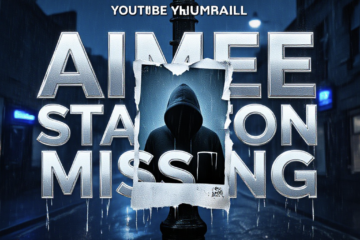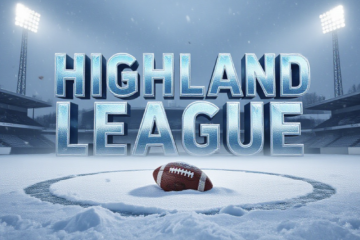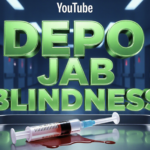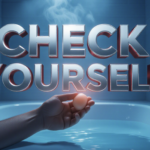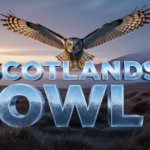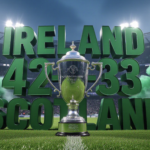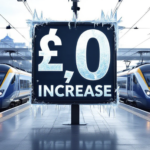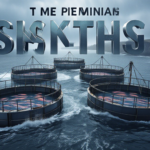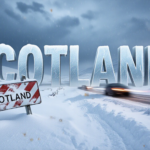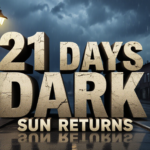The UK Prime Minister made a joke about the Scottish First Minister’s legal troubles, sparking outrage from independence supporters and politicians.
Sunak’s jibe at Sturgeon
Rishi Sunak, the UK Prime Minister, delivered his speech at the Conservative Party conference on Wednesday, where he praised the strength of the Union and the economic recovery after the pandemic. However, he also made a controversial remark about Nicola Sturgeon, the Scottish First Minister and leader of the Scottish National Party (SNP), who is facing an inquiry into her role in the Alex Salmond scandal.
Sunak said that Sturgeon wanted to “go down in the history books as the woman who broke up our country” but that she “now looks like she may go down for very different reasons”. The audience applauded his comment, which referred to the allegations that Sturgeon misled the Scottish Parliament and breached the ministerial code in her handling of sexual harassment complaints against her former mentor and predecessor, Salmond.
Backlash from SNP and independence supporters
Sunak’s jibe at Sturgeon was met with condemnation from SNP MPs and independence supporters, who accused him of being disrespectful and inappropriate. They also pointed out the irony of Sunak talking about the Union as a “family of nations” while mocking one of its leaders.

Neale Hanvey, an Alba MP, said that Sunak’s comment was “wholly inappropriate” and that he expected it to be challenged by the clerk of the house. John Nicolson, an SNP MP, called it “utterly appalling” from a party that is “mired in sleaze”. Angus MacNeil, an independent MP, questioned whether Sunak should joke about such serious matters.
Many others also reacted on Twitter/X, calling Sunak’s remark “shameful”, “nasty”, and “disgusting”. Some also pointed out that Sunak himself is facing scrutiny over his involvement in the Greensill lobbying scandal and his tax affairs.
The state of the Union and Scottish independence
Sunak’s speech came at a time when the Union is facing increasing pressure from the Scottish independence movement, which has been boosted by Brexit and the Covid-19 crisis. The SNP won a historic fourth term in the Scottish Parliament elections in May, securing 64 seats out of 129. The SNP and the Greens, who also support independence, have a pro-independence majority of 15 seats.
The SNP has pledged to hold another referendum on Scottish independence before the end of 2023, arguing that Scotland has the right to choose its own future. However, Sunak and his government have repeatedly rejected this demand, saying that the 2014 referendum was a “once in a generation” event and that now is not the time to focus on constitutional issues.
Sunak claimed that the Union is stronger than ever and that it has proven its value during the pandemic. He said that the UK government has supported millions of jobs and businesses across Scotland with its furlough scheme and other measures. He also said that the UK’s vaccination programme has been a success story thanks to the cooperation of all four nations.
However, these claims have been challenged by the SNP and other critics, who argue that Sunak’s policies have failed to address Scotland’s needs and priorities. They also accuse him of imposing a damaging Brexit deal on Scotland against its will and of undermining devolution with his Internal Market Act. They say that Scotland would be better off as an independent country within the European Union.
What will happen next?
Sunak’s speech has added more fuel to the fire of the debate over Scotland’s future within the UK. His joke about Sturgeon has angered many Scots who see it as a sign of disrespect and arrogance from Westminster. His praise of the Union has been dismissed by many as empty rhetoric and propaganda.
The clash between Sunak and Sturgeon reflects the deepening divide between their respective visions for Scotland and the UK. While Sunak wants to preserve and strengthen the Union, Sturgeon wants to break away and forge a new relationship with Europe. The question is: who will win over the hearts and minds of the Scottish people?
Article ends he.

